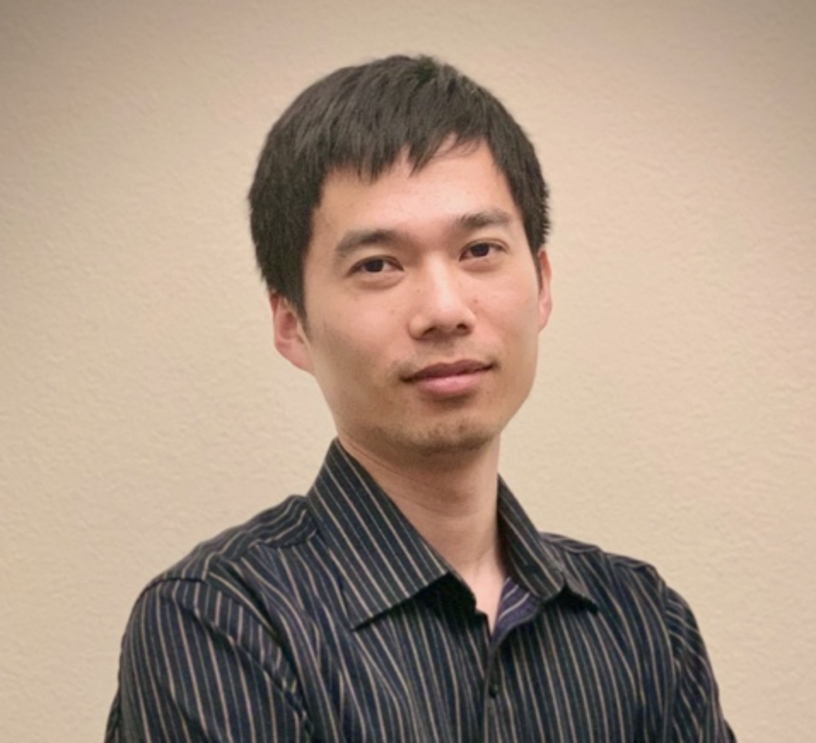" Explore, discover, and innovate - with the power of science, anything is possible."
Biography
Dr. Kai Zhang earned his Ph.D. in Bioinformatics and Systems Biology from the University of California, San Diego, where he worked with Prof. Wei Wang on gene regulatory networks in mammalian cells. During his postdoctoral research in the lab of Prof. Bing Ren at Universithy of California San Diego, Kai explored single cell epigenomics to develop algorithms that map cis-regulatory elements using single-cell ATAC-seq data. In 2023, Dr. Kai Zhang joined Westlake University as a Principal Investigator and start the Laboratory of Computational and Regulatory Genomics.
Research
My primary research interests lie in the interdisciplinary fields of computational biology and applied machine learning, with a strong focus on gene regulation. My lab aims to develop sophisticated bioinformatics and machine learning methods that can be used to build integrative models of transcriptional regulation and interpret non-coding genetic variation from the perspective of gene regulation. We believe that a comprehensive understanding of gene regulation at the genome-wide and system-level is essential for uncovering the causal genetic and molecular mechanisms of disease and aging.
What distinguishes our research is our ability to extract novel insights from vast and complex genomic data using interpretable and predictive computational models. We collaborate extensively with experimental biologists within and beyond Westlake University to validate our hypotheses and discover new biology. Our current research focuses on several critical areas, including: (1) developing scalable computational tools for single-cell genomics, (2) constructing transcriptional regulatory networks from single-cell multi-omics data, (3) learning dynamic regulatory models by integrating functional genomic data from temporal and perturbation experiments, and (4) prioritizing and interpreting functional genetic variation and its impact on chromatin, expression, and cellular phenotypes in healthy and diseased states. Our work aims to contribute to the broader scientific community's understanding of gene regulation and its role in disease pathogenesis.
Representative Publications
*These authors contribute equally
1. Zhang, K., Zemke, N. R., Armand, E. J. & Ren, B. A fast, scalable and versatile tool for analysis of single-cell omics data. Nature Methods (2024)
2. Zhang, K.*, Hocker, J. D.*, Miller, M., Hou, X., Chiou, J., Poirion, O. B., ... Ren, B. A single-cell atlas of chromatin accessibility in the human genome. Cell (2021)
3. Zhang, K., Wang, M., Zhao, Y., & Wang, W. Taiji: System-level identification of key transcription factors reveals transcriptional waves in mouse embryonic development. Science Advances (2019)
4. Yu, B.*, Zhang, K.*, Milner, J., Toma, C., Chen, R., Scott-Browne, J., ... Goldrath, A. Epigenetic landscapes reveal transcription factors that regulate CD8+ T cell differentiation. Nature Immunology (2017)
5. Zhang, K., Li, N., Ainsworth, R., & Wang, W. Systematic identification of protein combinations mediating chromatin looping. Nature Communications (2016)
Contact Us
